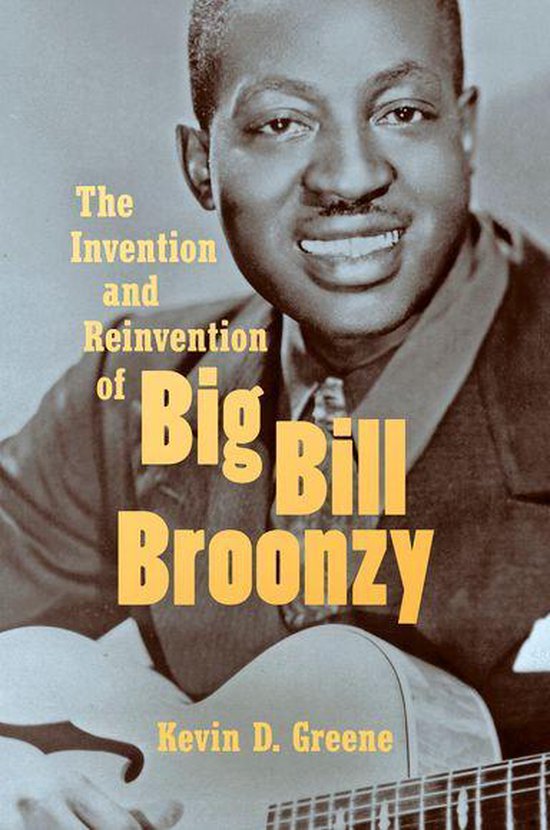
The Invention and Reinvention of Big Bill Broonzy
Over the course of his long career, legendary bluesman William "Big Bill" Broonzy (1893–1958) helped shape the trajectory of the genre, from its roots in the rural Mississippi River Delta, through its rise as a popular genre in the North, to its eventual international acclaim. Along the way, Broonzy adopted an evolving personal and professional identity, tailoring his self-presentation to the demands of the place and time. His remarkable professional fluidity mirrored the range of expectations from his audiences, whose ideas about race, national belonging, identity, and the blues were refracted through Broonzy as if through a prism. Kevin D. Greene argues that Broonzy's popular success testifies to his ability to navigate the cultural expectations of his different audiences. However, this constant reinvention came at a personal and professional cost. Using Broonzy's multifaceted career, Greene situates blues performance at the center of understanding African American self-presentation and racial identity in the first half of the twentieth century.
Through Broonzy's life and times, Greene assesses major themes and events in African American history, including the Great Migration, urbanization, and black expatriate encounters with European culture consumers. Drawing on a range of historical source materials as well as oral histories and personal archives held by Broonzy's son, Greene perceptively interrogates how notions of race, gender, and audience reception continue to shape concepts of folk culture and musical authenticity.
| Auteur | | Kevin D. Greene |
| Taal | | Engels |
| Type | | E-book |
| Categorie | | Mens & Maatschappij |